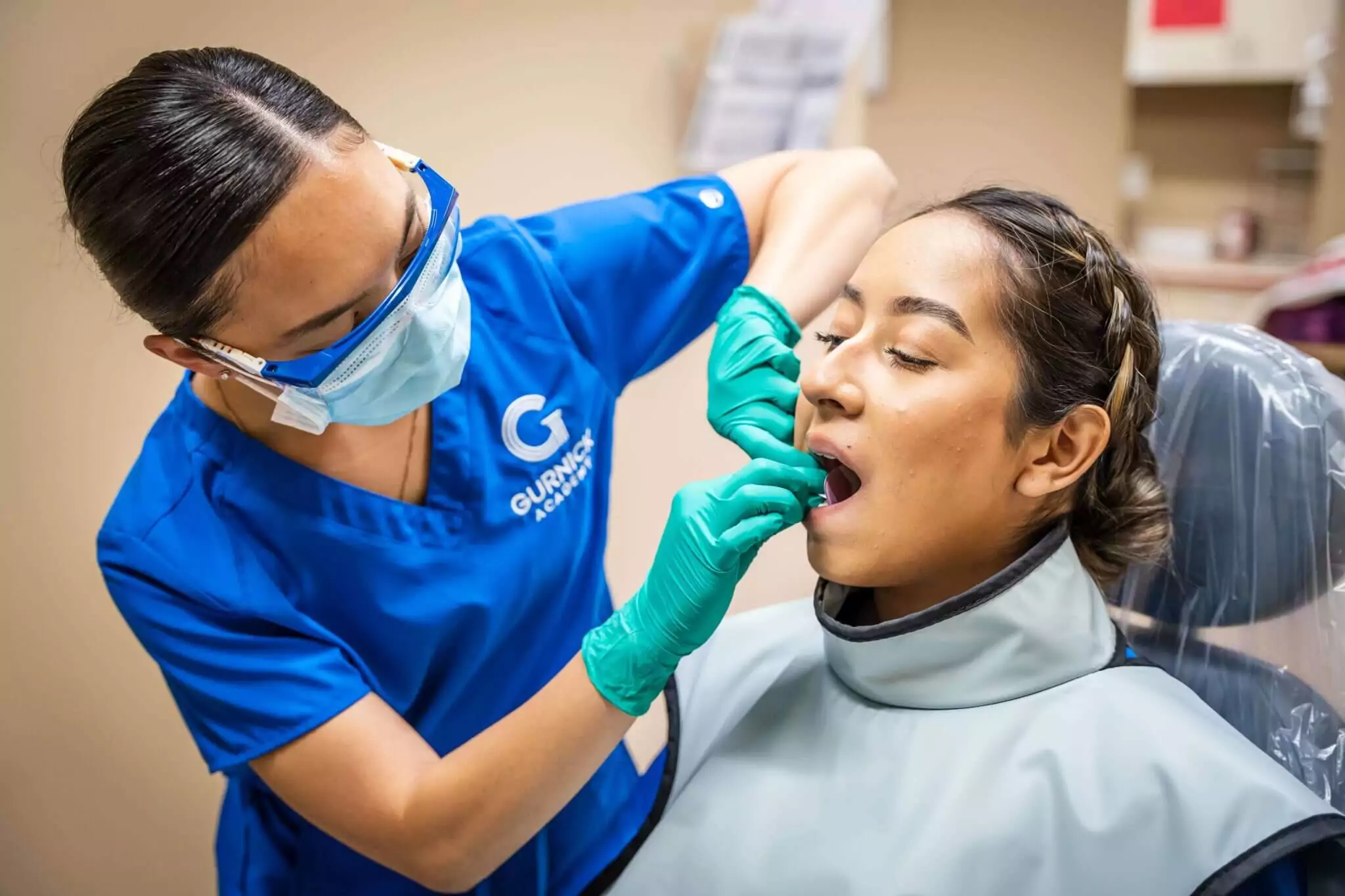Table of contents
Get Started with Kwikly
Get the latest updates, insights, and exclusive content delivered straight to your inbox.
The landscape of dental hygiene is evolving rapidly, with new initiatives aimed at addressing workforce challenges and improving access to care. One of the most significant developments is the Dentist and Dental Hygiene (DDH) Compact. This initiative, spearheaded by the National Center for Interstate Compacts and the Council of State Governments, aims to facilitate licensure portability and enhance the professional mobility of dental hygienists across state lines. Here’s an overview of what the DDH Compact entails and how it impacts dental hygienists.
What is the Dentist and Dental Hygiene Compact in the USA?
The DDH Compact is an interstate agreement designed to streamline the licensure process for dental hygienists and dentists, allowing them to practice in multiple states without the need for additional licenses. This compact aims to reduce the bureaucratic hurdles that often impede professional mobility, making it easier for dental hygienists to respond to workforce demands across different regions.
Key Benefits of the DDH Compact
- Enhanced Mobility: The compact significantly simplifies the process for dental hygienists to obtain licensure in member states. By holding a license in one compact member state, dental hygienists can practice in other member states without undergoing redundant licensure procedures. This increased mobility is particularly beneficial for professionals looking to relocate or practice in multiple states via temping with Kwikly or other means.
- Addressing Workforce Shortages: The compact helps mitigate workforce shortages by allowing dental hygienists to move more freely to areas with high demand for their services. This flexibility ensures that underserved communities receive the dental care they need, improving overall access to oral health services.
- Standardized Licensure Requirements: The compact establishes uniform licensure requirements across member states, promoting consistency in the qualifications and competencies of dental hygienists. This standardization ensures that patients receive high-quality care regardless of the state in which they are treated.
How the DDH Compact Works in the United States
Eligibility Criteria: To participate in the compact, dental hygienists must meet specific eligibility criteria, which typically include holding a current, unencumbered license in a compact member state, having no disciplinary actions against their license, and fulfilling continuing education requirements. These criteria ensure that only qualified and competent professionals benefit from the compact.
Application Process: Once the compact is fully implemented, eligible dental hygienists can apply for a multistate license through their home state. This license grants them the privilege to practice in all compact member states, streamlining the administrative process and reducing the time and cost associated with obtaining multiple state licenses.
Compliance and Accountability: The compact includes mechanisms to ensure compliance and accountability among its members. States can share disciplinary information, and any adverse actions taken in one state can affect the dental hygienist’s ability to practice in other member states. This collaborative approach helps maintain high standards of professional conduct and patient safety.
Implications for Dental Hygienists in the U.S.
The DDH Compact offers dental hygienists unprecedented career flexibility, allowing them to pursue opportunities in different states without the usual licensure barriers. This flexibility is particularly advantageous for those who frequently relocate, live near state boarders, or work while traveling.
Current Status and Next Steps
As of now, several states have introduced legislation to join the DDH Compact, and more are expected to follow suit. Dental hygienists should stay informed about their state’s participation in the compact and any legislative developments that may affect their practice. Here is a timeline of next steps for the DDH Compact:
2024: Legislative Action
- States are expected to pass legislation to join the DDH Compact.
- Advocacy efforts will emphasize the compact’s benefits in addressing workforce shortages and enhancing access to care. Learn more about legislative efforts for Dental Hygienists.
- Establish the Compact Commission
2025: Establishing the Compact System
- Development of a streamlined data-sharing system to facilitate easy record keeping across member states.
- Rulemaking by the commission for administering the program.
- Once the data system and rules for application are created, professionals will likely be able to apply.
The DDH Compact represents a significant advancement for the dental hygiene profession, offering increased mobility, addressing workforce shortages, and promoting standardized licensure requirements. For dental hygienists, this compact provides an opportunity to enhance their careers. It also enables better responses to public health needs and contribute to the improvement of oral health care across the nation.
How Kwikly Dental Staffing Supports Dental Professionals
At Kwikly Dental Staffing, we are committed to supporting our professionals in navigating these changes and maximizing the benefits of the DDH Compact. Together, we can leverage this initiative to create a more flexible opportunities for dental hygiene workforce and skilled professional resources for dental practices.








